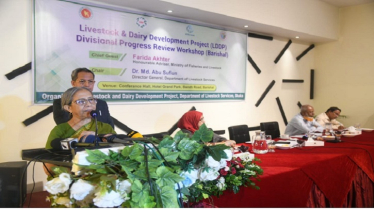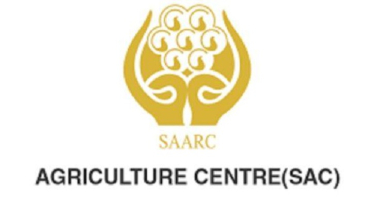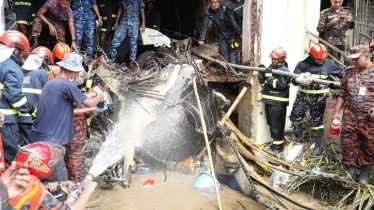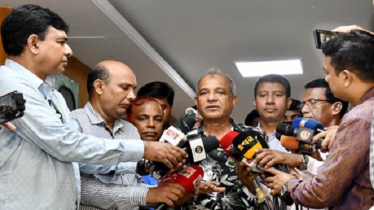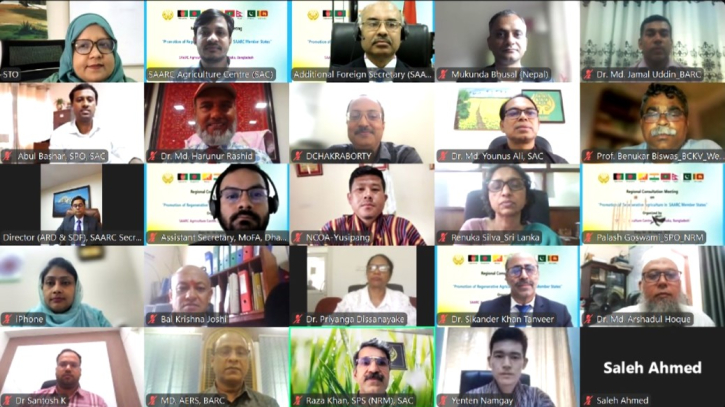
The SAARC Agriculture Centre (SAC) has commenced a three-day virtual Regional Consultation Meeting titled “Promotion of Regenerative Agriculture in SAARC Member States,” beginning Monday, August 4, 2025. The consultation, which includes participants from SAARC countries, agricultural research organizations, universities, and international agencies, will conclude on Wednesday, August 6.
The opening session was inaugurated by Ambassador Abdul Motaleb Sarker, Additional Foreign Secretary (SAARC and BIMSTEC), Ministry of Foreign Affairs, Bangladesh, who attended as the Chief Guest. He emphasized the urgency of advancing regenerative agriculture in South Asia, noting the need to restore soil health, integrate digital technologies, and formulate practical implementation strategies. He called upon SAC to lead this regional initiative, which he said would also support biodiversity conservation.
Dr. Md. Harunur Rashid, Director of SAC, chaired the session and delivered the welcome address. He reaffirmed SAC’s commitment to sustainable and innovative farming across the region, stating that regenerative agriculture not only addresses pressing environmental issues but also strengthens the resilience and long-term productivity of farming systems.
Tanvir Ahmad Torophder, Director (ARD & SDF) at the SAARC Secretariat in Nepal, joined as Special Guest and highlighted the financial benefits of regenerative agriculture. He stressed that beyond ecological gains, this approach can ensure meaningful economic returns for farmers and called for a collaborative regional framework to scale up these practices.
The inaugural session also included technical presentations. Dr. Debashis Chakraborty, Senior Scientist and Cropping Systems Agronomist at CIMMYT Bangladesh, and Dr. Sikander Khan Tanveer, Senior Program Specialist (Crops) at SAC, shared insights on regenerative agriculture and the program’s objectives.
On the first day, designated scientists and focal point representatives from each SAARC member country delivered presentations on their national approaches and experiences. The event seeks to strengthen regional cooperation, facilitate knowledge sharing, and align policies to advance regenerative agricultural practices aimed at restoring degraded soils, enhancing biodiversity, and building climate-resilient agri-food systems in South Asia.


